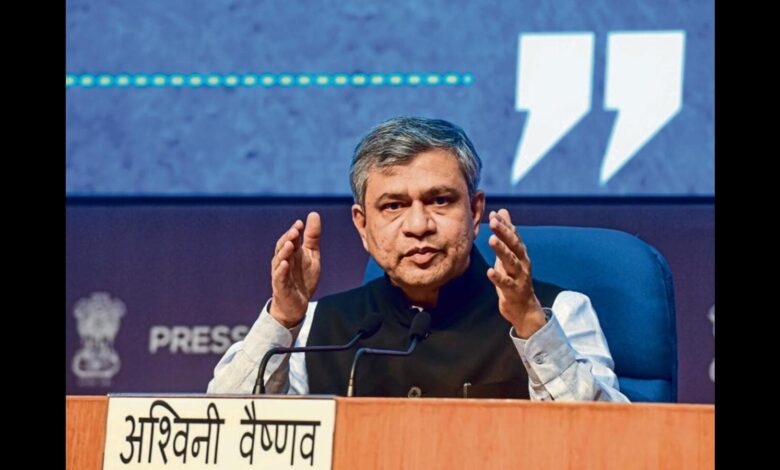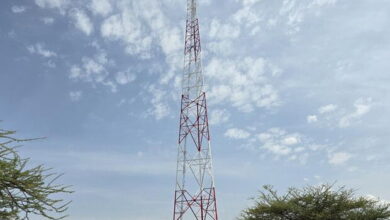Mobile spectrum to continue being auctioned: Minister | Latest News India

A day after the government’s application to the apex court on administrative allocation of spectrum in public interest or in pursuit of government function was mentioned in the 2G spectrum case, Union communications minister Ashwini Vaishnaw clarified that in accordance with the Telecommunications Act 2023, the government will continue to follow the auction process for allocation of spectrum, and that it was not seeking to get the 2G judgment modified.
“We are already following the auction process for allocation of spectrum for mobile services and will continue to follow it,” Vaishnaw said.
According to the Telecommunications Act 2023, which was notified in the official gazette on December 24 but has not been enacted yet, all spectrum for telecommunication is to be assigned by the central government through auction (bidding) except for activities listed in the First Schedule of the Act, which must be done by administrative (non-auction) process.
Entries in this schedule, which include national security and defence, law-enforcement, disaster management, public broadcasting, weather forecasting, use by BSNL and MTNL, navigation, telemetry, radio backhaul, among other activities, are determined by public interest, or the need to perform government function, or cases where auction is not the preferred mode of assignment due to technical or economic reasons.
The government had filed the miscellaneous application in the 2G spectrum case on December 15, 2023, three days before it introduced the then Telecommunications Bill, 2023, in Parliament on December 18.
In its application, the government said it had filed the application “to firm up a spectrum assignment framework including methods of assignment of spectrum, other than auction, in suitable cases, to best subserve the common good”. It had asked the Supreme Court to “issue appropriate clarifications that the government may consider the assignment of spectrum through administrative process if so determined through due process in accordance with law, and if such assignment is in pursuit of governmental functions, or public interest so requires, or auction may not be preferred due to technical or economic reasons”.
The government had argued that “assignment of spectrum is… required not only for commercial telecommunication services, but also for non-commercial use for the discharge of sovereign and public interest functions such as security, safety, disaster preparedness, etc… None of these instances were under consideration before this Hon’ble Court in the CPIL judgment”.
The Supreme Court had delivered the verdict in the 2G case in February 2012 and disposed the matter. It had ruled that the “first-come-first-served assignment policy” was flawed “as it involves an element of pure chance or accident” and in matter involving granting licenses or permission to use public property, that has “inherently dangerous implications” as it gives those with “access to the power corridor” to obtain information so that they can be in the front of the queue.
Get Current Updates on India News, Elections 2024, Election 2024 Date along with Latest News and Top Headlines from India and around the world.



